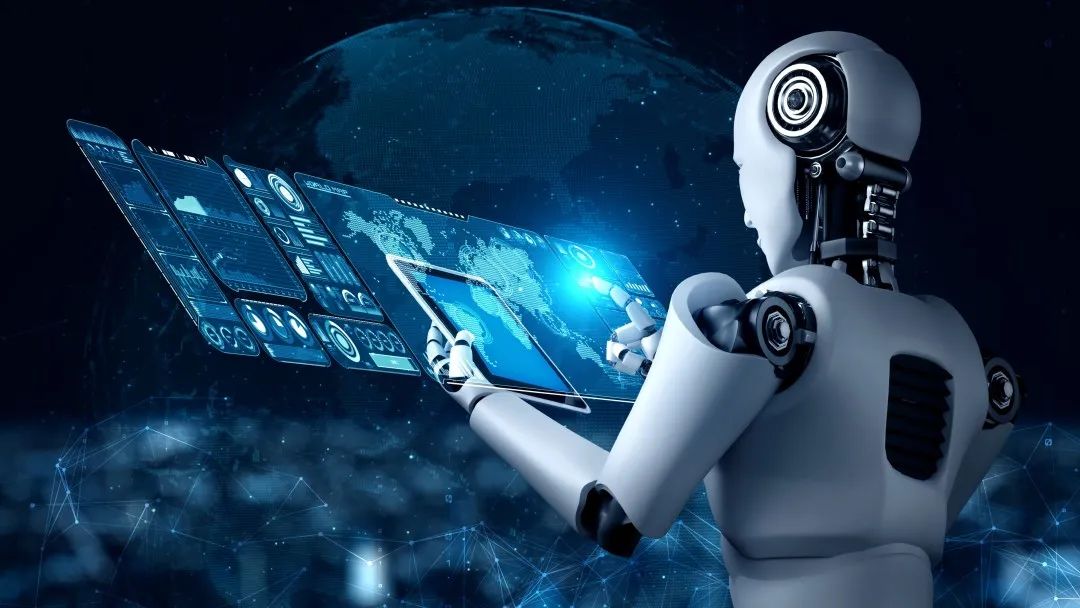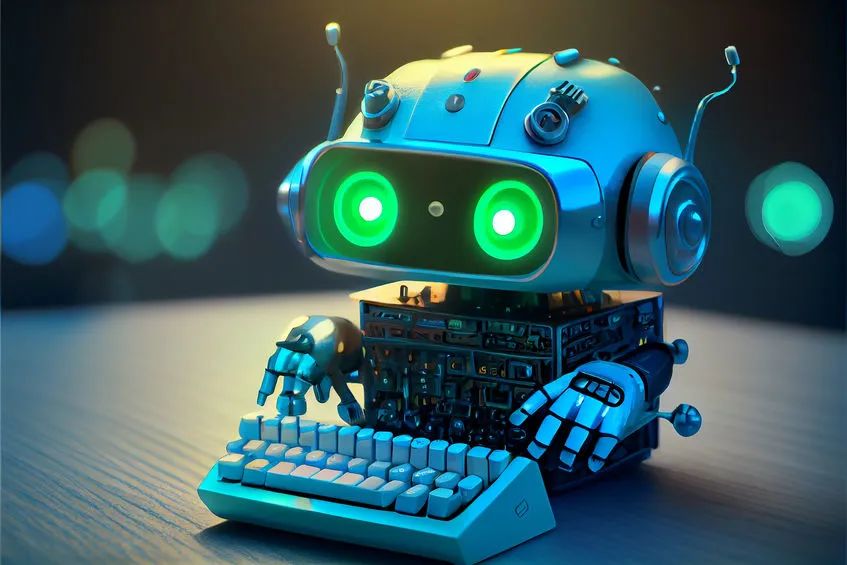Bank of Korea Warns: 4 Million Jobs May Be Replaced by AI
-
A recent report from the Bank of Korea has drawn significant attention. The central bank released 'Artificial Intelligence and Changes in the Labor Market,' analyzing which jobs are likely to be replaced by AI, the resulting labor market impacts, and related effects.
According to the report, approximately 4 million jobs in South Korea, accounting for 14% of the country's workforce, are expected to be replaced by AI over the next 20 years. This report serves as a further warning to the global job market.
On November 16, the Bank of Korea published a research report titled 'Artificial Intelligence and Changes in the Labor Market.' The report details how AI technology will drive industrial transformation, leading to significant changes in the labor market in the future. A notable characteristic of this shift will be the large-scale replacement of jobs by AI.

This report's data shows that over the next twenty years, South Korea could see 4 million jobs replaced by artificial intelligence, representing 14% of the country's workforce.
The report has garnered significant attention, further demonstrating how AI will transform labor markets worldwide.
According to public information, a team from the Bank of Korea stated that AI can more easily handle tasks like data analysis, meaning higher-income workers with academic backgrounds face greater threats.
Among these groups, professionals such as doctors, lawyers, and accountants face the highest risk of being replaced by artificial intelligence. In addition to this report released by the Bank of Korea, Goldman Sachs expressed similar views in a major report earlier this year.
According to data projections, it's undeniable that AI could increase global economic output by approximately 7% within a decade. However, it's also important to recognize that up to 300 million jobs worldwide may face replacement risks, primarily due to generative AI like ChatGPT.
Regarding AI replacing human jobs, research institutions globally share nearly identical perspectives. A McKinsey report similarly predicts that knowledge workers will experience disruption, while global productivity will accelerate.
Of course, not all professions are threatened by artificial intelligence. Fields such as food service and education face relatively lower risks of being replaced by AI.
With the rapid advancement of technology, artificial intelligence has become an indispensable part of daily life. From smartphones to autonomous vehicles, from smart homes to medical diagnostics, AI applications have deeply penetrated every aspect of life.

Compared to human labor, artificial intelligence demonstrates remarkable efficiency. AI can work continuously without rest, far surpassing human productivity in overall work efficiency.
Moreover, with the continuous advancement of technology, artificial intelligence is becoming increasingly precise, especially when handling large volumes of data, where its efficiency and accuracy far exceed human capabilities.
Furthermore, in terms of innovation, artificial intelligence can continuously optimize program settings through deep learning, thereby enhancing its own innovative capabilities.
Recently, at this year's World Artificial Intelligence Conference, Tesla CEO Elon Musk stated in his speech that artificial intelligence will play a crucial role in the future evolution of humanity, witnessing an explosive growth in digital computational power. A key metric here is the ratio of digital computational power, machine computational power, and biological computational power.
In other words, in the near future, the proportion of artificial intelligence in total intelligence will become increasingly smaller compared to machine intelligence, which will bring fundamental changes to the labor market.
Of course, not all jobs will be replaced by artificial intelligence, and this is clearly unlikely. So, which jobs will AI replace? First, highly repetitive and labor-intensive jobs, such as those in manufacturing and logistics.
Additionally, generative AI will also replace a significant number of data processing and analysis roles, such as analysts and data-related positions. This also includes jobs that heavily rely on specialized knowledge and skills. As AI continues to develop, the likelihood of such replacements will gradually increase.
It is important to note that all technology should serve humanity, and technological development should be directed toward good. This report from South Korea indicates that approximately 4 million people may be replaced by AI over the next two decades.

At the same time, it should be noted that some jobs requiring creativity and innovation still heavily rely on human effort, such as artists and designers. Artificial intelligence finds it difficult to match human levels of innovation and creativity.
Jobs that require humanistic care and emotional communication, including psychological counselors and kindergarten teachers, still need to be performed by humans. Artificial intelligence lacks emotional understanding and communication skills and cannot make judgments regarding moral responsibilities, making it incapable of replacing human workers.
It is worth mentioning that with the development of AI technology and applications, the demand for jobs in AI research, development, and maintenance will continue to grow. AI will also accelerate progress in fields such as data analysis and cybersecurity.
Ultimately, this will create a substantial incremental market, such as AI consultants, educators, and prompt engineers.
Capital is a key factor driving the accelerated development of artificial intelligence. Currently, domestic investment and financing in the AI field are mainly concentrated in first-tier cities, with Beijing having the highest number of funded enterprises. The AI industry is the most active and shows an overall upward trend year by year.
In terms of specific sub-sectors, investment and financing events in the AI field are mainly concentrated in advanced manufacturing, healthcare, and enterprise services, each accounting for more than 20%. As capital gradually flows in, it will also accelerate technological innovation and progress in artificial intelligence.
Overall, China's artificial intelligence industry is rapidly expanding, as evidenced by the large number of transactions in the investment and financing market. With continuous innovation in AI technology and policy support, the AI industry is expected to welcome more investment opportunities, and the sector will also exhibit greater vitality.
